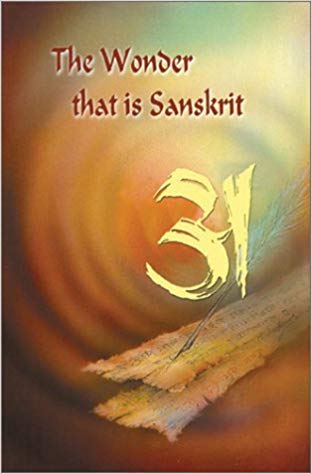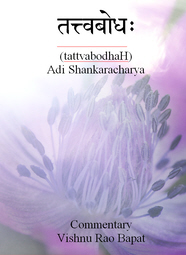Vedanta demands “shraddha” from every seeker who is eager to learn or study Advaita philosophy. It’s a basic requirement. But what exactly is shraddha?
Unfortunately, the Sanskrit word ‘shraddha‘ does not have an exact equivalent in the English language.
tattvabodha asks: What is the nature of ‘shraddha‘? And it answers:
“Faith in the words of the Guru and the scriptures is shraddha.”
aparokShAnubhUti, verse 8 also says: निगमाचार्यवाक्येषु भक्तिः श्रद्धेति विश्रुता ।
(nigama AcArya vakyeShu bhaktiH shraddheti vishrutA)
It means: shraddha is “implicit faith in the word of the scripture and the teacher.”
vivekacUDAmaNi, verse 25 is a bit more elaborate on ‘shraddha.’ One of the translations of this verse reads: “THAT by which one understands the import of the scriptures as well as the pregnant words of the advice of the preceptor is called by the wise as ‘shraddha.’
The word implies an ability to embrace the Truth, explains another of the translators of this verse. Continue reading



